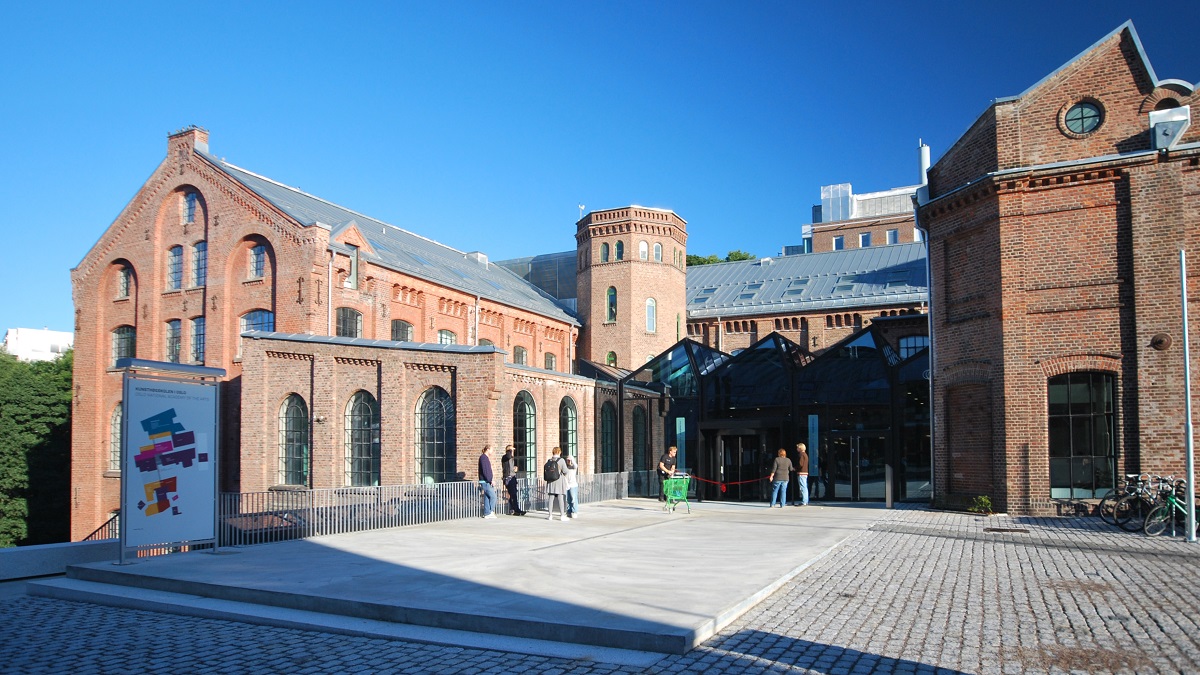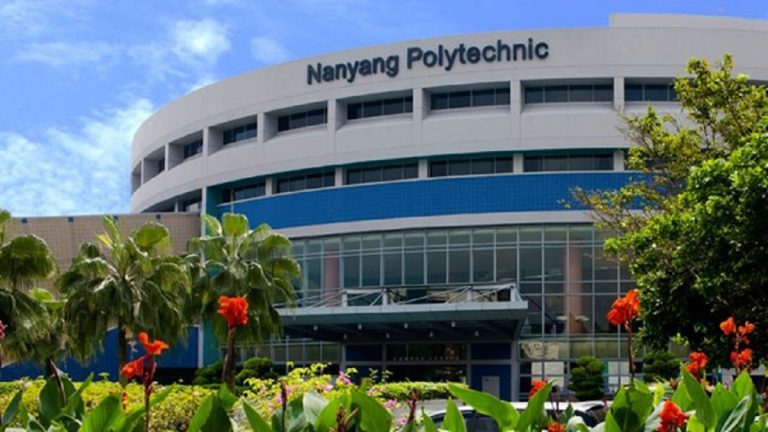
Job description
A Doctoral Research Fellowship (SKO 1017) in image sonification is available in the project AUTORHYTHM – the role of autophagy in healthy aging, funded by the UiO:Life Science initiative. The doctoral fellow will be employed at RITMO Centre for Interdisciplinary Studies in Rhythm, Time and Motion and will also be affiliated with CanCell Centre for Cancer Cell Reprogramming.
RITMO is a Centre of Excellence funded by the Research Council of Norway. This interdisciplinary centre focuses on rhythm as a structuring mechanism for the temporal dimensions of human life. Methods from musicology, psychology, neuroscience, and informatics are combined to study rhythm as a fundamental property that shapes and underpins human cognition, behaviour and cultural expressions.
All RITMO researchers are co-located and work in a unique interdisciplinary constellation, with world-leading competence in musicology, psychology and informatics. It is expected that all members of the centre contribute to the general activities and collaborations within RITMO. The researchers have access to state-of-the-art facilities in sound/video recording, motion capture, eye tracking, physiological measurements, various types of brain imaging (EEG, fMRI), and rapid prototyping and robotics laboratories.
More about the position
The AUTORHYTHM Convergence Environment is currently being established to decipher the spatiotemporal nature of autophagy: the way cells clean out damaged components to regenerate new parts, resulting in healthier cells and prolonging the health span of the organism. The research team will work highly interdisciplinary, combining machine learning, sonification strategies, mathematical modelling, and experimental cell biology and ageing mechanisms.
The doctoral fellow will explore how different sonification methods can be used to turn microscope images of autophagy into audible sound. The starting point is a large dataset of time-series images of autophagy processes. The aim is to see how parameter- or model-based sonification methods can be used to reveal new patterns in the data. It will be particularly relevant to develop strategies and tools for exploring the spatiotemporal nature of the data. Both real-time and non-real-time sonification methods will be investigated and evaluated in scientific and artistic contexts.
The candidate will be supervised by Alexander Refsum Jensenius (Professor at RITMO and Department of Musicology) and co-supervised by Jorrit Enserink (Group Leader at Institute for Cancer Research, Oslo University Hospital and Adjunct Professor, Department of Biosciences, UiO) and Marie E. Rognes (Chief Research Scientist at the Department for Numerical Analysis and Scientific Computing, Simula Research Laboratory). The candidate will work closely with the other early career researchers recruited to the team: one doctoral fellow in biology, one postdoctoral fellow in machine learning, and one postdoctoral fellow in mathematical modelling.
Applicants should upload a research outline, with research questions and theoretical and methodological approaches that match the aims of the AUTORHYTHM project.
The person appointed will be affiliated with the Faculty of Humanities’ organized research training. The academic work is to result in a doctoral thesis that will be defended at the Faculty of Humanities with a view to obtaining the degree of PhD. The successful candidate is expected to join the existing research milieu or network and contribute to its development. Read more about the doctoral degree.
The appointment is for a duration of three years, starting 1 September 2022. All PhD Candidates at the Faculty of Humanities who submit their doctoral dissertation for assessment with a written recommendation from their supervisor within 3 years or 3 ½ years after the start of their PhD position, will be offered, respectively, a 12 or 6 month Completion Grant.
Qualification requirements
- A master’s degree or equivalent in music technology, sound and music computing, computer science, or another relevant field. The applicant must document that the degree corresponds to the profile for the post. The Master’s degree must have been obtained, and the final evaluation must be available by the application deadline.
- Experience with one or more of the following methods: sonification, sound and music computing, sound synthesis, image analysis, computer vision, machine learning, interactive (sound/music) systems.
- Fluent oral and written communication skills in English, see Language requirements.
- Personal suitability and motivation for the position.
To be eligible for admission to the doctoral programmes at the University of Oslo, applicants must, as a minimum, have completed a five-year graduation course (Master’s degree or equivalent), including a Master’s thesis of at least 30 ECTS. In exceptional cases, the Faculty may grant admission based on a one-year Master course following an assessment of the study programme’s scope and quality.
In the evaluation of the applications, emphasis will be placed on:
- The applicant’s academic qualifications.
- The quality of the research outline and its relevance to the AUTORHYTHM project and the research objectives of RITMO.
- The applicant’s estimated academic and personal ability to complete the project within the time frame.
- The applicant’s ability to complete research training.
- Collaboration skills and an ability to join interdisciplinary academic communities.
Applicants who have recently graduated with excellent results may be given preference.
We offer
- Salary level 501 200-544 400 NOK per annum, depending on qualifications.
- A professionally stimulating working environment.
- Membership in the Norwegian Public Service Pension Fund
- Attractive welfare benefits
How to apply
Applications must include:
- Application letter describing the applicant’s qualifications and motivation for the position.
- Curriculum Vitae (complete list of education, positions, teaching experience, administrative experience and other qualifying activities, including a complete list of publications with links to full version of published papers).
- Transcript of records of your Bachelor’s and Master’s degrees. Applicants with education from a foreign university must attach an explanation of their university’s grading system.
- Documentation of Language requirements (if applicable)
- Research outline, including relevant research questions and theoretical and methodological approaches (approximately 2-3 pages, see the template for research outline).
- Names and contact details of 2-3 references (name, relation to candidate, e-mail and telephone number).
Please note that all documents must be in English or a Scandinavian language.
Educational certificates, master theses and the like are not to be submitted with the application, but applicants may be asked to submit such information or works later.
The application with attachments must be delivered in our electronic recruiting system, jobbnorge.no.
Short-listed candidates will be invited for an interview.
Formal regulations
Please see the guidelines for the application assessment process and appointments to research fellowships.
No one can be appointed for more than one PhD Research Fellowship period at the University of Oslo.
Following the Freedom of Information Act (Offentleglova) § 25, Chapter 2, demographic information about the applicant may be used in the public list of applicants even if the applicant opts out from the entry in the public application list.
The appointment may be shortened/given a more limited scope within the framework of the applicable guidelines on account of any previous employment in academic positions.
The University of Oslo has an agreement for all employees, aiming to secure rights to research results etc.
Inclusion and diversity are a strength. The University of Oslo has a personnel policy objective of achieving a balanced gender composition. We also want to have employees with diverse expertise, combinations of subjects, life experience and perspectives. We will make adjustments for employees who require this.
If there are qualified applicants with special needs, gaps in their CVs or immigrant backgrounds, we will invite at least one applicant in each of these groups to an interview.
Contact information
Head of Administration Anne Cathrine Wesnes, e-mail: [email protected], phone number: +47 22 85 44 89
About the University of Oslo
The University of Oslo is Norway’s oldest and highest ranked educational and research institution, with 28 000 students and 7500 employees. With its broad range of academic disciplines and internationally recognised research communities, UiO is an important contributor to society.
RITMO Centre for Interdisciplinary Studies in Rhythm, Time and Motion is financed through the Research Council of Norway’s Centre of Excellence Scheme.
RITMO combines a broad spectrum of disciplines – from musicology, neuroscience and informatics – to study rhythm as a fundamental property of human cognition, behaviour and cultural expression. The Centre is organized under the Department of Musicology, in close collaboration with the Department of Psychology and the Department of Informatics.



